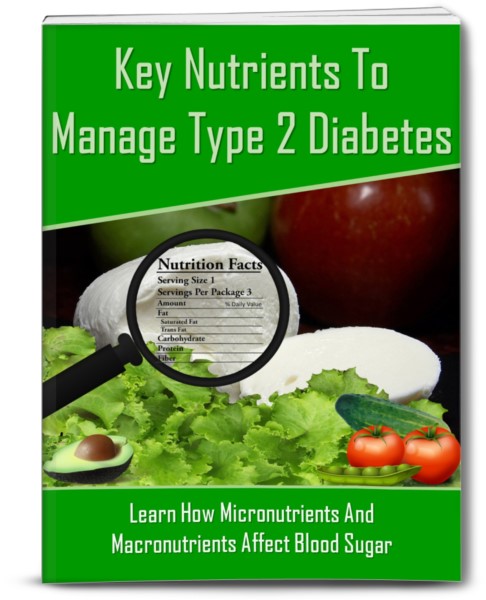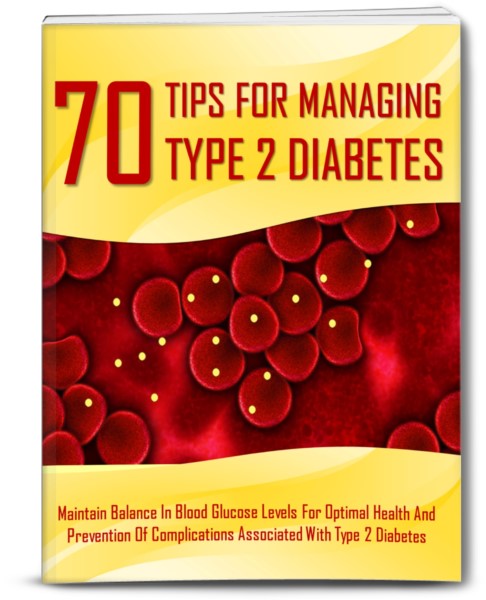Dangers of Stress – Signals to Take a Step Back
Stress is arguably one of the most silent killers on the planet, largely because people don’t realize something is going wrong, or they refuse to act on it.
But why does stress contribute to so many aspects ill health, ultimately leading to death?
It is because often it is untraceable. You may not realize you are suffering from stress overload.
Interested to know if your stress is rapidly becoming out of control? Look for the following tell-tale signs:
Unexplained Aches And Pain About The Body
A little pain here and there is normal, and should be nothing to get worried over; but it can spell a worrying trend when it occurs too often. And this is the case with being overly stressed all the time.
Muscular pains most commonly occur around the back, neck or shoulder areas, and may be attributed to poor sleep patterns, although it is not always the case. Medication to treat the pain many only yield temporary relief, and should not be relied upon as a long term solution.
Frequent Colds And Infections
One thing associated with high stress levels is the negative effect on immunity. Cortisol suppresses the immune system and leaves the body wide open to infection. This is especially troublesome during flu season, and necessitates that extra precautions be takes (such as increasing anti-oxidant food consumption).
Poor Sleep Patterns
Insomnia is usually one of the first signs to appear when you are over-stressed, as cortisol does not work by itself. In fact, it recruits the neurochemicals adrenalin and noradrenalin, which enhance awareness, and energy levels.
This is an important function in the mornings when you need that “get up and go” boost, but not at night when you should be unwinding. Use of heavy stimulant based supplements (such as with caffeine) too late at night will cause this to occur.
High Blood Pressure
High blood pressure involves multiple pathways all experiencing dysfunction for its development, with cortisol happy to oblige. High blood pressure in this case is precipitated by increases retention of water (which increases blood volume), faster heart rate, and blood vessel constriction. All these factors increase blood pressure, so care needs to be taken to manage cortisol and stress levels.
Loss Of Sex Drive
Both men and women require a normal level of testosterone to modulate sex drive, but this important hormone is suppressed when levels of the stress hormone cortisol are high. Cortisol and testosterone share a negatively inverse relationship, meaning that as one goes up, the other goes down. If this loss of sex drive occurs in a young person, who previously displayed normal behavior, it can be a clear indicator that individual is overstressed.
Frequent Outbursts Or Mood Swings
It can be hard to maintain a level head when stress levels are high, causing you to lash out to anyone who seemingly irritates you. This is not normal behavior, especially if the individual was previously very level headed. If it does occur, it may be best to reduce work load, and spend more time with family and loved ones in a bid to relax.
Depression Or Feelings Of Inadequacy
Stress can seriously affect your emotional well-being, especially since it can tear apart relationships with loved ones. You are likely to be irritable, picking fights, or feel pressured to perform. This can amount to depression, anxiety or feelings of disappointment. Depression is sometimes difficult to diagnose, especially in individuals who do not possess a strong support system.
Conclusion
If you find yourself experiencing one or more of the symptoms above with increasing frequency, it is time to take a step back from the burden you have placed on your shoulder. Sometimes, a short vacation, weekend getaway or just a simple trek in the great outdoors can do wonders for your wellbeing.

































